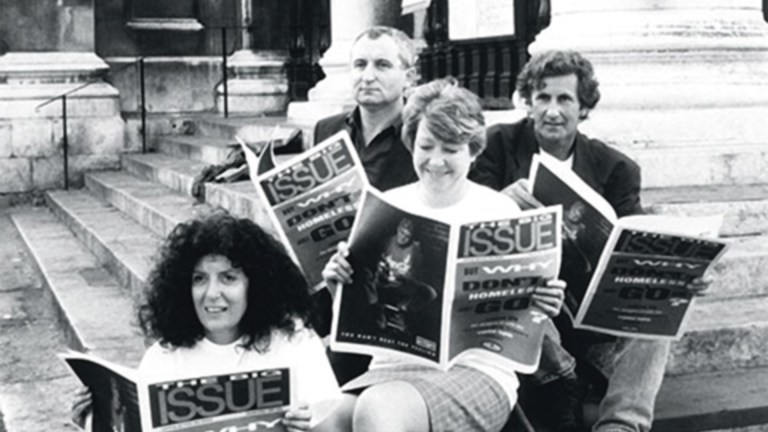Withholding critical research reports, denying the findings, endlessly appealing High Court decisions against its unlawful behaviour and introducing even more punitive policies to punish those on low income. There is no sign of positive change with the Department for Work and Pensions (DWP) as 2022 sees a crackdown of harsher policies and no genuine commitment to learning from and reforming poor practice.
Last month, the DWP introduced a new ‘Way to Work’ policy, which can only be seen as intending to force people back into jobs whether they are suitable or not. Essentially, it tells claimants they have just four weeks to find work (originally three months) or they will be sanctioned i.e. lose some of their job seeker’s allowance or universal credit. Z2K thinks sanctioning social security benefits — in a global pandemic that led to the biggest economic shock in living memory and hundreds of thousands of people losing their jobs, despite furlough — is a desperate and unnecessary move.
There is no evidence that sanctioning incentives people into work. As anyone who has been through a period of unemployment will tell you and as has been shown by the DWP’s own guidance – threatening claimants with the loss of benefits does not incentivise them to take up unsuitable jobs, and instead is likely to make them stressed and unwell.
The policy comes, too, as energy prices are announced to increase by over 50 per cent in April and a cost of living crisis threatens to pull people deeper into poverty. It is no wonder that ministers have blocked the publication of a report into the effectiveness of benefit sanctions – despite promising to publish said results in 2019, in response to a work and pensions select committee inquiry.
This isn’t the first report DWP has refused to publish information on the basis of ‘public interest’. The work and pensions select committee recently used its parliamentary powers to publish the long-awaited NatCen report, despite DWP’s efforts not to let anyone know its findings.
The report, which the government commissioned into disabled people’s experiences of the social security system, reveals important evidence, including testimony that participants “were often unable to meet essential day-today living needs, such as heating their house or buying food”. It also shows that participants, struggling to cope with these shortfalls, have had to rely on borrowing from family and friends and/ or used support services such as food banks. Shocking too, was the level of debt participants were facing and that they were being forced into problematic borrowing because of the inadequacy of social security benefits.










